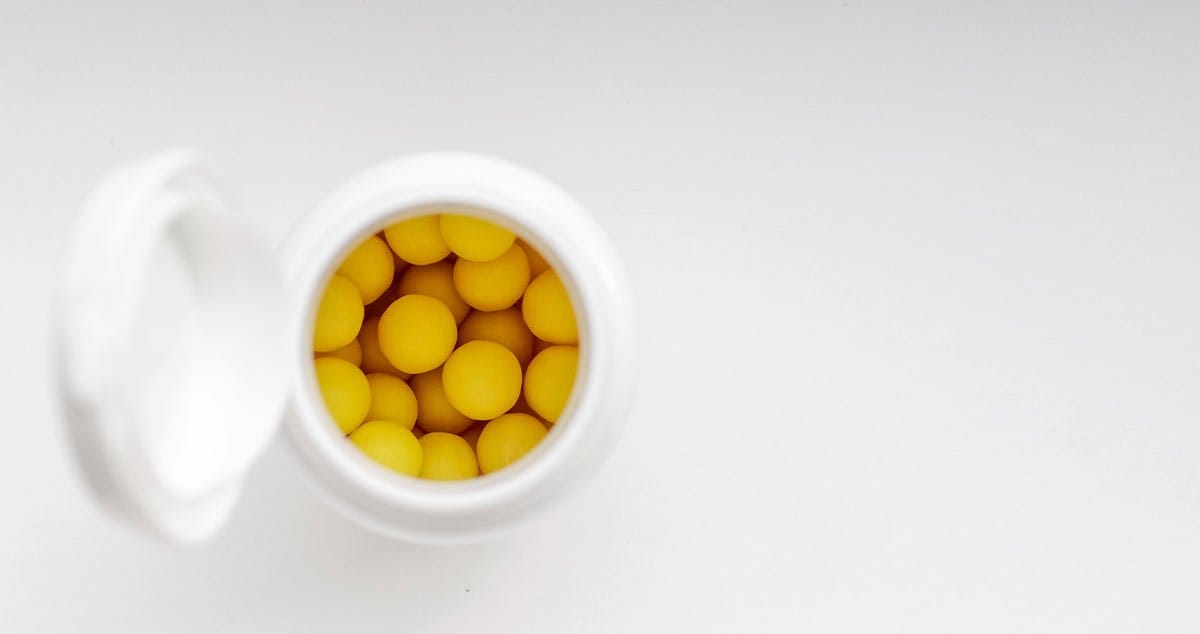We tend to look at addiction in black and white: Either you are an addict or you are not. However, many addicts live in a state of limbo. “Almost Alcoholics” do not meet the criteria for an alcohol dependence diagnosis from the revised 4th edition of the Diagnostic and Statistical Manual (DSM IV-TR), but do have a problem with alcohol. These people are teetering on the brink of destruction and seeking treatment from an alcohol rehab center might be the key to not falling over the edge.
A Look at Almost Alcoholics
An Almost Alcoholic does not fit the DSM IV-TR definition of an alcoholic or addict. To qualify for a diagnosis of alcohol dependence, an individual must meet 3 or more of the following criteria in a 12-month period:
- A need for markedly increased amounts of alcohol to achieve intoxication.
- Physical symptoms of withdrawal or drinking to relieve or avoid withdrawal symptoms.
- Unsuccessful efforts to control alcohol abuse.
- Abandonment of important social, occupational or recreational activities in favor of drinking.
- Continued drinking despite knowledge of its physical and psychological consequences.
The key criterion that separates the Almost Alcoholic from the diagnosed alcoholic is the development of tolerance, according to Dr. Robert Doyle, co-author of the book Almost Alcoholic and clinical instructor of psychiatry at Harvard Medical School. The Almost Alcoholic does not need to drink more to achieve the same effect. After tolerance is developed in a drinker, he or she should go through alcohol detox to prevent withdrawal symptoms. An Almost Alcoholic drinks more than a normal social drinker but is not a full-blown alcoholic. People in this category drink for reasons similar to alcoholics such as boredom, loneliness, and stress. It is a common notion that because these individuals are not diagnosed as alcohol dependent, they do not have a problem. However, many red flags are present, indicating that their “casual” drinking is much more serious than they think. Receiving treatment at an alcohol rehab facility may keep Almost Alcoholics from crossing the line into alcoholism. Although Almost Alcoholics do not meet the criteria for a diagnosis of alcohol dependence, these drinkers are teetering on the edge of alcoholism. At Stepping Stone Center those on the brink of alcoholism can receive quality treatment from an experienced staff of clinical and medical professionals.
How to Spot an Almost Alcoholic
Much like an alcoholic, an Almost Alcoholic will continue to drink despite negative consequences. You or someone you know may be an Almost Alcoholic if:
- You drink to relieve stress, boredom or loneliness.
- You often drink alone.
- You look forward to drinking.
- You drink to control emotional and/or physical symptoms.
- You sometimes drive after drinking.
- You drink to maintain a “buzz.”
- Your performance at work or school is not what it used to be.
- You aren’t comfortable in social situations without drinking.
Almost Alcoholics may ignore these red flags because they are not alcohol dependent, but the presence of these consequences indicates a serious problem that may be too big to handle on their own.
Treating Almost Alcoholics
Some Almost Alcoholics may be able to change the course of their growing drinking problem by assessing how drinking is affecting their lives, changing their drinking habits and routines, building a healthy support system and achieving abstinence. Most Almost Alcoholics will achieve sobriety only after making the decision to seek treatment at an alcohol addiction treatment center. With the help and support of staff from an alcohol rehab program, the Almost Alcoholic can learn to identify the risks of his or her drinking habits while addressing underlying problems.
Call Now and Make the Best Choice of Your Life
Almost Alcoholics walk a fine line between alcoholism and sobriety. If you or someone you know is an Almost Alcoholic and you would like more information on seeking treatment for a growing drinking problem, please call Stepping Stone Center at 866-957-4960. An experienced counselor can answer your questions.









